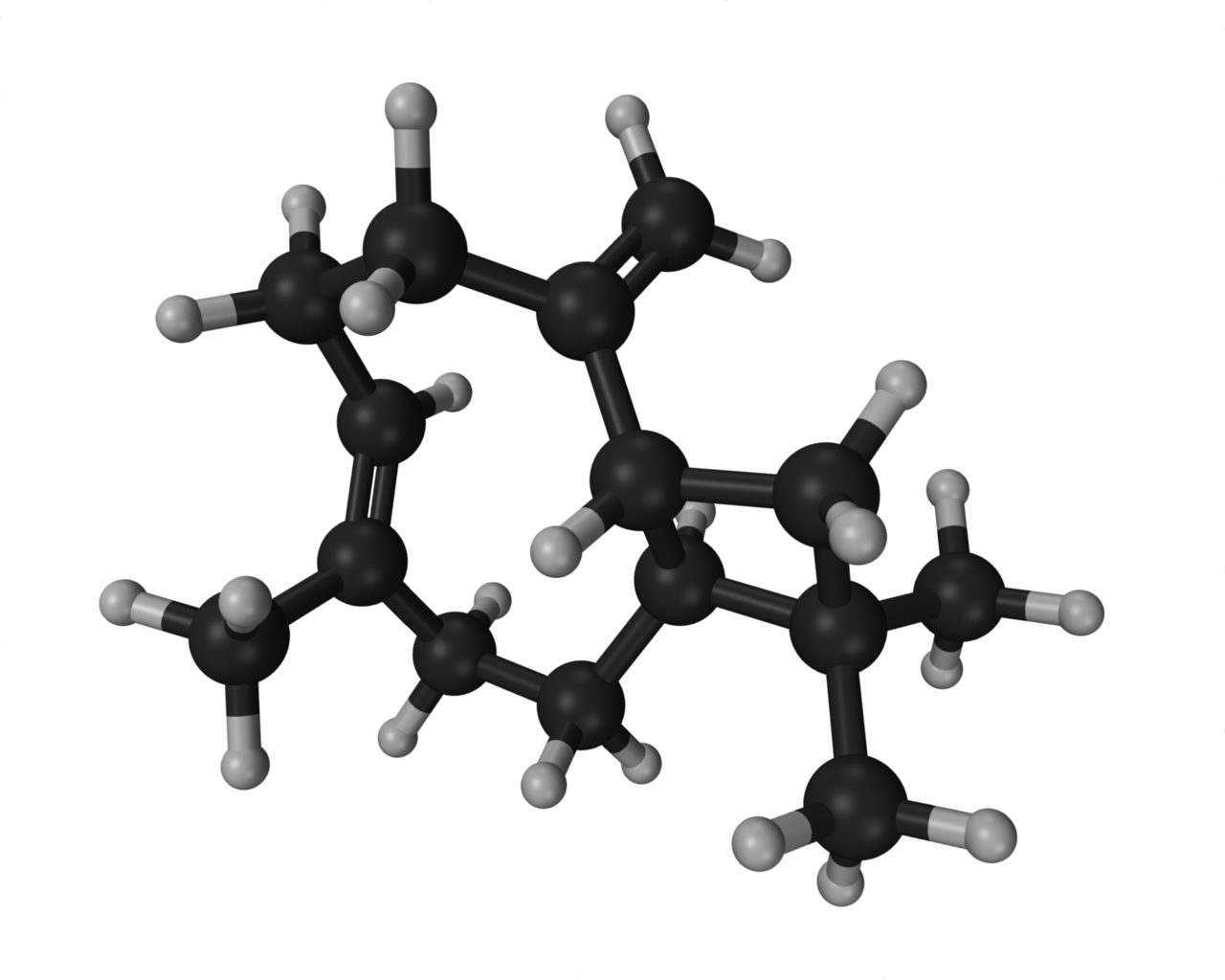 A group in Germany has recently used genetic engineering to integrate an ecologically-based pest resistance into corn.
A group in Germany has recently used genetic engineering to integrate an ecologically-based pest resistance into corn.They cut the gene for (E)-beta-caryophyllene synthase out of an oregano plant and pasted it into a corn plant. This allowed the corn to produce (E)-beta-caryophyllene, a volatile scent chemical. This chemical has been shown to attract insect-eating entomopathogenic nematodes, which arrive to feed on an important corn root pest, the western corn root worm. Fighting pests with their natural enemies is a tactic known as biological control. Biological control is one of the key components of IPM (integrated pest management), an ecological-based strategy that aims to reduce pests to an economically-acceptable level, as opposed to scorched-earth eradication.
The really neat part of this story is that old varieties of corn made this chemical naturally - and European varieties still do. It's a natural consequence of plant breeding that you only keep traits you value very highly (and can detect!). If you grew your breeding lines in a field without adequate populations of both the insect and the nematode, you'd have no way of knowing that some of your plants contained a resistance trait.
A similar story shaped the modern rose. In the Middle Ages, roses were largely appreciated for their scent, but as generations of plant breeders created bigger and more colorful flowers, the genes for scent were lost. A few laboratory groups are now working on restoring the rose's scent through genetic engineering approaches similar to the above.
It would take years to move this natural corn gene back into North American varieties with traditional breeding techniques. The same thing could be done in a few months with genetic engineering techniques, but would probably require years and millions of dollars worth of regulatory tests. Either way, I hope it happens. I'm a big fan of technologies that encourage farmers to tend to the ecological integrity of their farms. Biological control doesn't do any good if you kill all the good bugs.

No comments:
Post a Comment